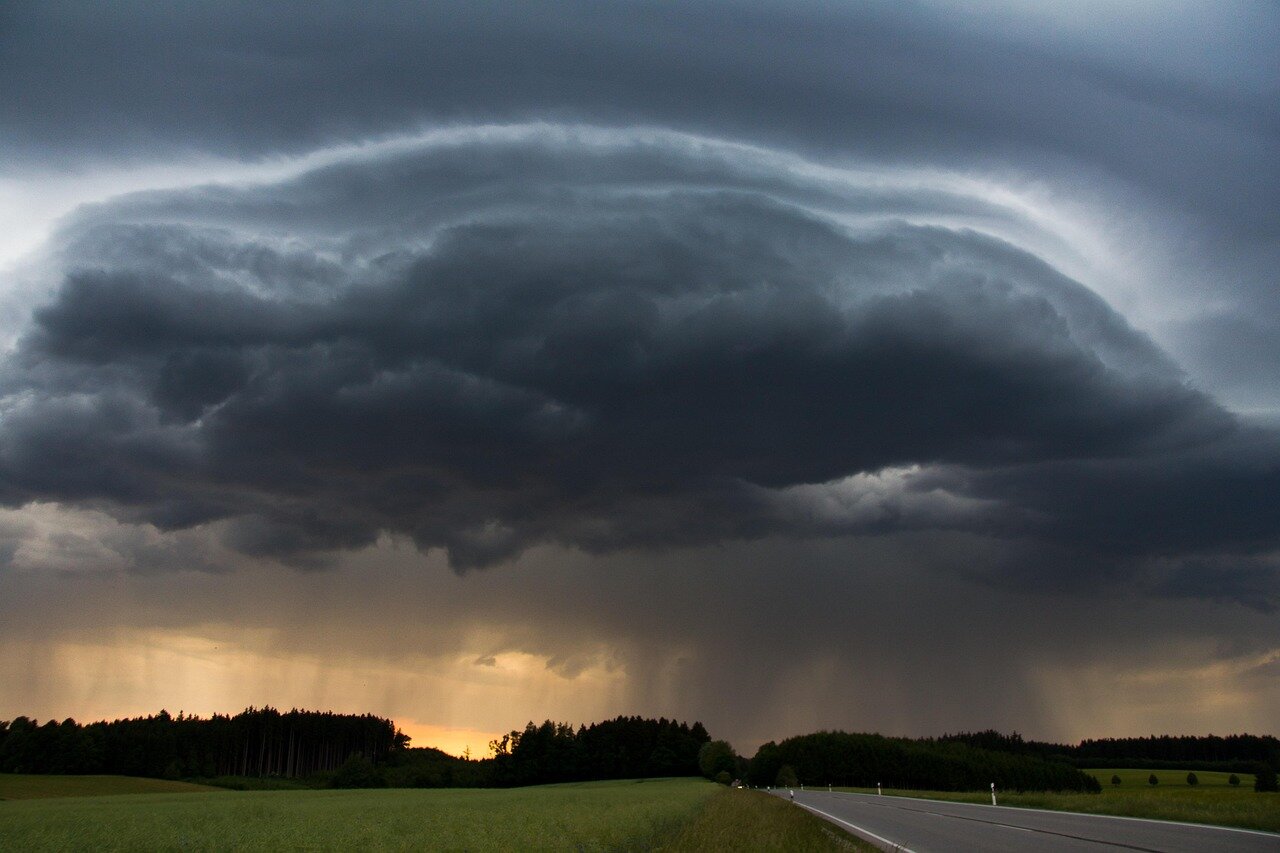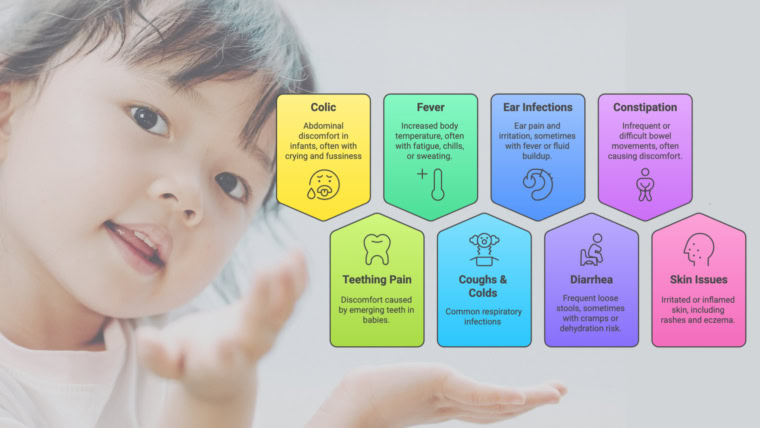In life, sadness is inevitable. Loss, separation, disappointment, all can stir profound sorrow. But not all sadness is the same. From a homeopathic and holistic perspective, there’s an important difference between grief as an acute state and depression as a chronic state.
Understanding this distinction matters, because it changes both how we see the problem and how we support healing.
Grief: The Acute State
Grief is a natural response to loss. Whether it’s the death of a loved one, the end of a relationship, or a life change that closes an important chapter, grief is the heart’s way of adjusting to new reality.
From a homeopathic lens, grief is acute because:
- It often comes suddenly, triggered by a clear event.
- It has intensity but is meant to move through stages and gradually resolve.
- It serves a purpose, allowing the mind and emotions to process and integrate change.
The healthy role of grief
Just as a fever helps the body purge toxins, grief helps the emotions “detox” from the shock of loss. It clears the emotional field so we can reorient ourselves to life.
But just as with physical acute states, the process can be interrupted, by suppression (e.g., “being strong” and not expressing feelings), lack of support, or repeated unresolved losses. When this happens, the acute grief state can shift into a deeper, chronic condition.
Depression: The Chronic State
Depression, in this context, is not simply “sadness that lingers.” It is a shift in our vitality, a sustained imbalance affecting mind, emotions, and even our physical state.
From a homeopathic viewpoint, depression often arises when an acute grief has not been fully processed, and the emotional energy of that loss has been driven inward. Instead of moving through, it settles in, changing the person’s baseline emotional state.
Signs that grief has shifted into depression:
- Persistent heaviness or emptiness long after the loss.
- Loss of interest in life, even in things once enjoyed.
- Sleep or appetite disturbances.
- A sense of disconnection from self or others.
- In severe cases, hopelessness or thoughts of ending life.
This is the chronic counterpart: it is no longer a temporary, cleansing storm, but a long-term change in the weather pattern of the psyche.
From Acute to Chronic: Why It Happens
Homeopathically, the acute-to-chronic shift often follows patterns seen in physical health:
- Suppression – Avoiding emotional expression, distracting oneself constantly, or being told “don’t cry.”
- Repetition – Multiple losses without enough time to recover between them.
- Constitutional susceptibility – Some temperaments are more prone to sinking states.
- Lack of resolution – Not having the opportunity to make peace with the loss.
When this shift happens, the goal of treatment is no longer just to support the acute release, but to address the deeper constitutional imbalance that now sustains the depression.
A Holistic Perspective on Healing
From the homeopathic standpoint, both grief and depression are not “problems” to be eradicated, but messages. Grief says: “This mattered to me.” Depression says: “Something vital in me has been blocked for too long.”
True healing means:
- Allowing the acute expression to flow naturally.
- Avoiding suppression, even if it’s socially uncomfortable.
- Seeking constitutional support when the sadness lingers beyond its natural course.
- Addressing the whole person, mind, emotions, and physical health, so that balance is restored.
In essence:
Grief is a storm that cleanses. Depression is a climate that needs rebalancing.
Homeopathy meets both, by honoring the body’s and mind’s wisdom, helping acute states complete their work, and gently restoring vitality when the sadness stays too long.



